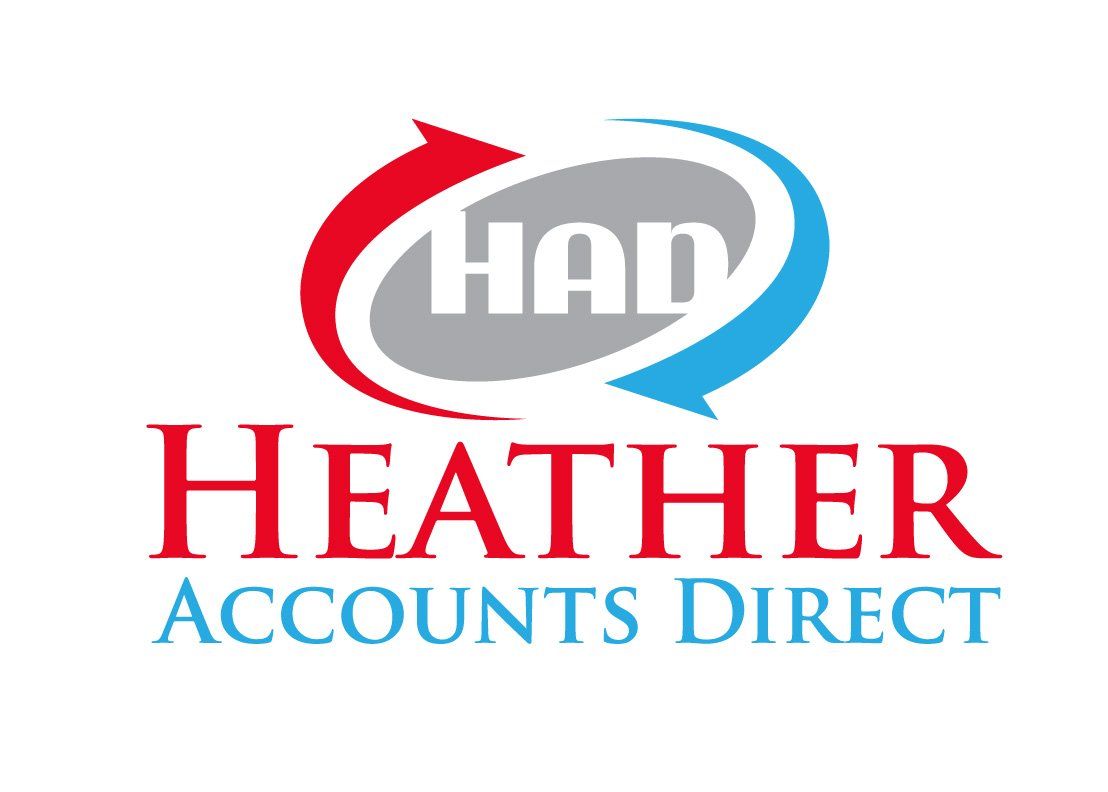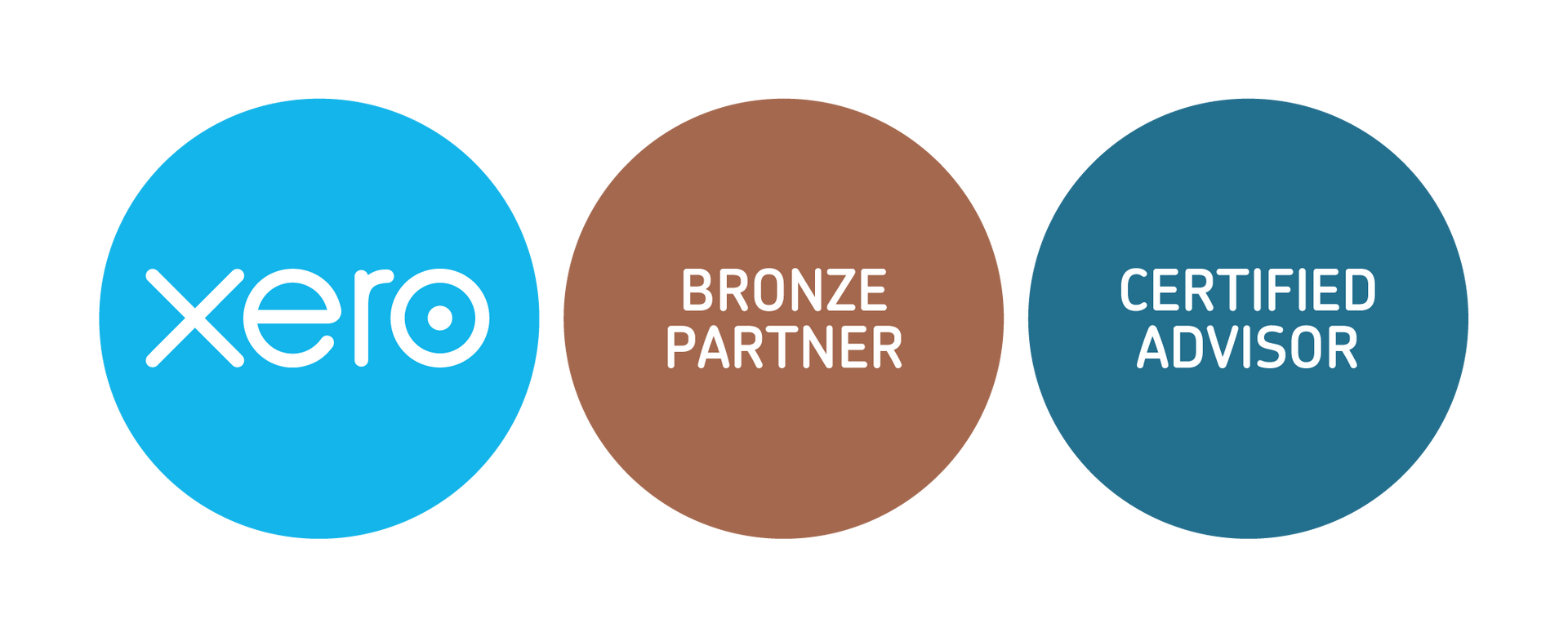
Corporation Tax
When a Limited company is formed, the information is sent automatically to HM Revenue & Customs (HMRC) and they issue the company with a Unique Tax Reference number (UTR). HMRC needs to be sent the company’s accounts once a year, showing the profit it has made, together with a Corporation Tax Return which calculates the amount of tax the company is required to pay. The current rate of tax for UK companies is 19% and the tax due is payable 9 months after the end of the accounting period. So, your first tax payment is likely to be due 21 months (12 + 9) after the date your company was formed. The tax is due annually thereafter.

VAT
VAT registered businesses collect VAT on behalf of HMRC and need to pay it over to them once a quarter (usually). If your business is VAT registered, you can recover the VAT you pay on most of your expenses. A report needs to be sent to HMRC at the end of each VAT period detailing the VAT you have collected and incurred.
If your total sales income is less than £85,000 you can still register for VAT if you want to. This allows you to recover the VAT you pay when you buy items or pay for services used by your business (subject to certain rules). You have to charge VAT on all your sales (contracting fees), but most companies you work for will be VAT registered themselves and able to offset the VAT they pay to you against their own VAT payable.
There is a scheme known as the Flat Rate Scheme for VAT, under which you can opt to pay over to HMRC a lower amount of VAT on your sales, in exchange for not recovering any VAT you incur on expenses. Recent changes to this scheme mean that it’s now unlikely to be beneficial for most contractors, but other businesses may still find it beneficial and, for all, it has the advantage of being simpler to use than “normal” VAT.

Statutory Accounts
Statutory accounts must include:
- a ‘balance sheet’, which shows the value of everything the company owns, owes and is owed on the last day of the financial year
- a ‘profit and loss account’, which shows the company’s sales, running costs and the profit or loss it has made over the financial year
- notes about the accounts
- a director’s report
Your statutory accounts must meet either:
- International Financial Reporting Standards
- UK Generally Accepted Accounting Practice
For small and micro entities, only the Balance Sheet and accompanying notes need to be filed at Companies House, so the public cannot see the detail of your trading activity. The full accounts do need to be filed with HMRC, but the public do not have access to these filings.

Sole Trader and Partnership Accounts
Small businesses have a choice of accounting methods for preparing their accounts:
- Traditional accounting – this is where you record income and expenses according to the date you invoiced or were billed. You also have to keep records of stock held at year-end and work in progress.
- Cash basis accounting – most small businesses with an income of £150,000 or less can use this method. You only record income and expenses when you receive money or pay a bill. This means you won’t need to pay tax on money owed to you at the end of your accounting period.
We’ll discuss these methods with you further and help you choose the best option to meet your individual circumstances.

Management Accounts
Management accounts don’t have to follow a set format, and can be more or less detailed than your formal accounts. The whole idea is to focus on the information that’s important to you and will help you best in making decisions about your business. We can discuss your needs with you and set up a reporting format that gives you the information in an easy to read format. You can then either take over this reporting yourself, or let us continue.

Bookkeeping
Bookkeeping is the “systematic recording of financial aspects of business transactions in appropriate books of account”. For a very simple business, this can mean just writing up a cashbook showing the receipts and payments made. Most businesses, though, need something a bit more sophisticated, and either use spreadsheets, or one of the various accounting packages available, many of which are now cloud-based. One advantage of the cloud based systems is that you can give us, as your accountant, access to your live records. This makes it easier for us to answer any questions you might have about your business during the year, as well as letting us keep an eye on things and letting you know if anything looks strange from an accounting perspective.

Personal Tax
Your tax return has to include details of your income from all sources, any allowable reliefs (such as pension contributions or charitable donations) and details of the tax you have already paid during the year. Any additional tax due is calculated and paid over to HMRC, or a refund can be requested if you have paid too much tax.
The tax year runs from 6th April to 5th April, and any tax due has to be paid over to HMRC by 31st January of the following year. In many cases, a payment on account for the following year also has to be made by that date, and, thereafter, tax is due to be paid 6 monthly, with a certain amount of estimating and adjusting involved.

Payroll
As a company director, you can also be an employee, and draw a salary from your company, as long as you register a PAYE scheme with HMRC, deduct any income tax and national insurance from your salary and pay this over to HMRC and file the necessary monthly reports.
Salaries count as an allowable business expense, and so are deducted from your sales before your profit (and tax) is calculated. Under current UK tax rules, no National insurance is paid on dividends, so most small company directors draw only a small salary (just enough to make it a qualifying year for state pension and other benefits, but without incurring any NI) and then take the balance of their income as dividends.
We can set up a PAYE scheme for your business and advise you of the most tax efficient salary to draw, depending on your own individual circumstances.

Company Secretarial
All private limited companies in the UK have to be registered with Companies House. They keep a record, available to the public, of each company’s:
- directors, shareholders and company secretaries
- the registered address of the company
- transactions when someone buys shares in the company
- loans or mortgages secured against the company’s assets
This information has to be updated when any changes are made, and, even if there have been no changes, a confirmation statement has to be sent to Companies House once a year.
We will make sure you are aware of your responsibilities and will file all necessary documents with Companies House on your behalf.

Advice and Assistance Throughout
We believe that appointing an accountant should mean more than just having someone to prepare your accounts and file your tax returns for you. The more we know about your business, the better we’ll be able to advise you. Therefore, we do not record our time or charge extra for talking to you on the telephone or corresponding with you by email.
In exceptional circumstances, if you ask us to look into a complex issue, or undertake a project outside of your normal line of business, we may need to charge an additional fee. We never do so, though, without warning you in advance and getting your agreement.


